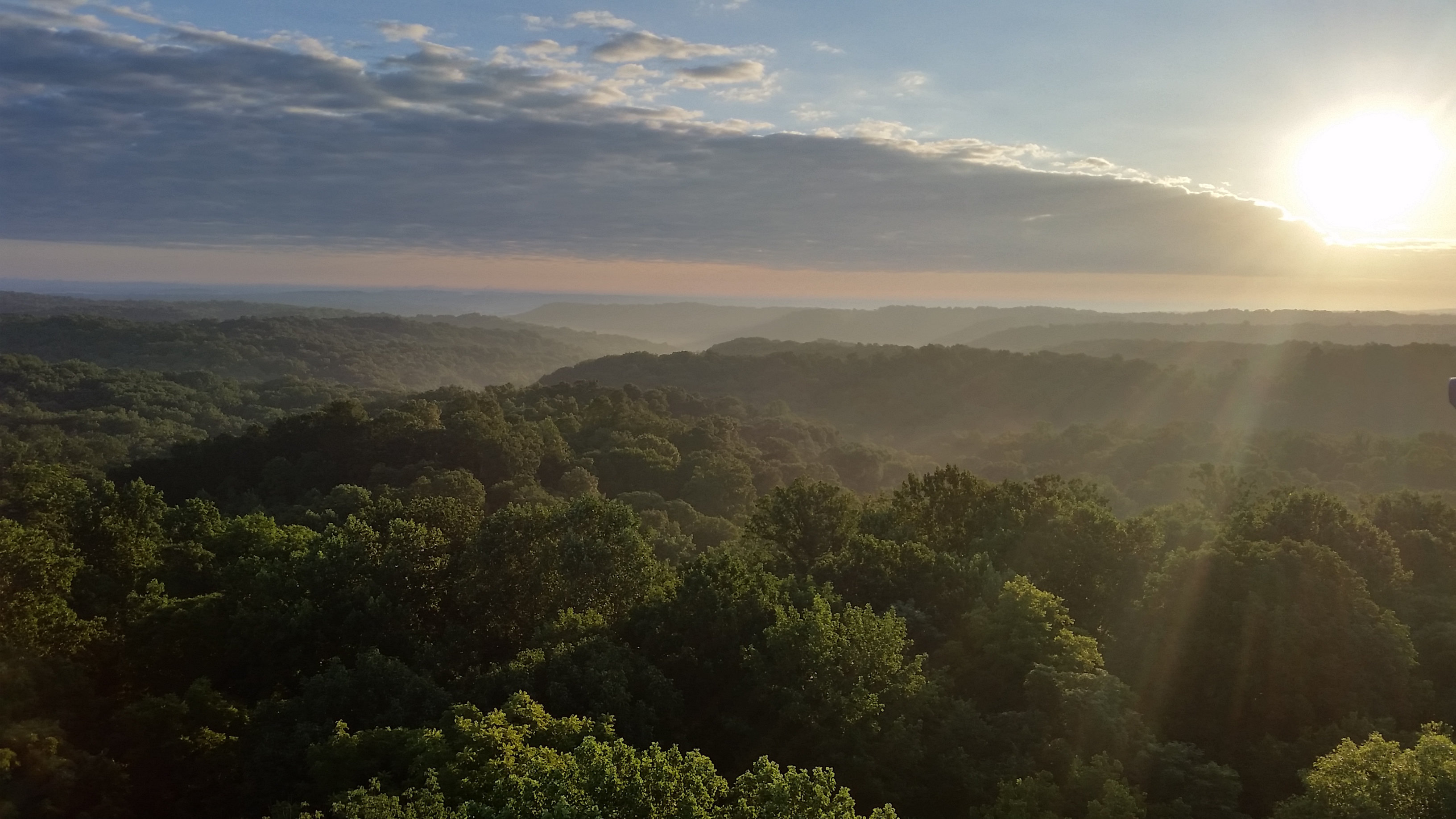Summary
Multiple labs are involved with this project, including those from Indiana University and collaborators from the University of Notre Dame. The key players involved include the Biomet lab, Royer Lab, Barnes Lab, Yoder Lab, and the Suttles Lab from Indiana University and the Tank lab from Notre Dame.
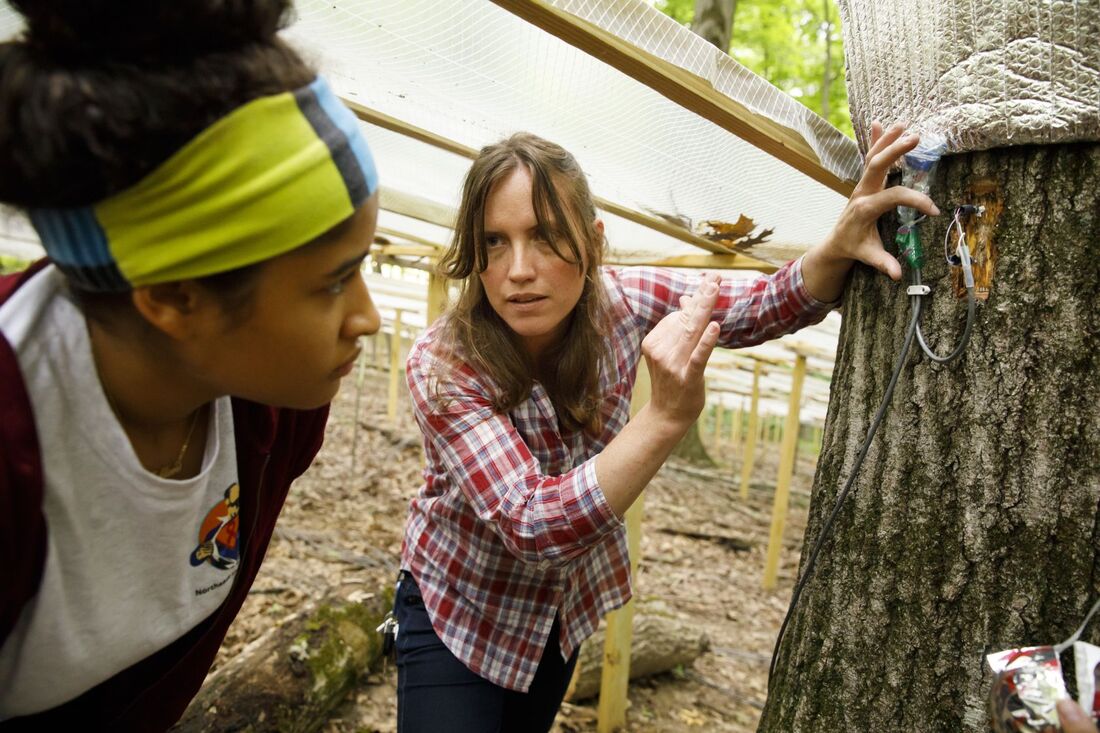
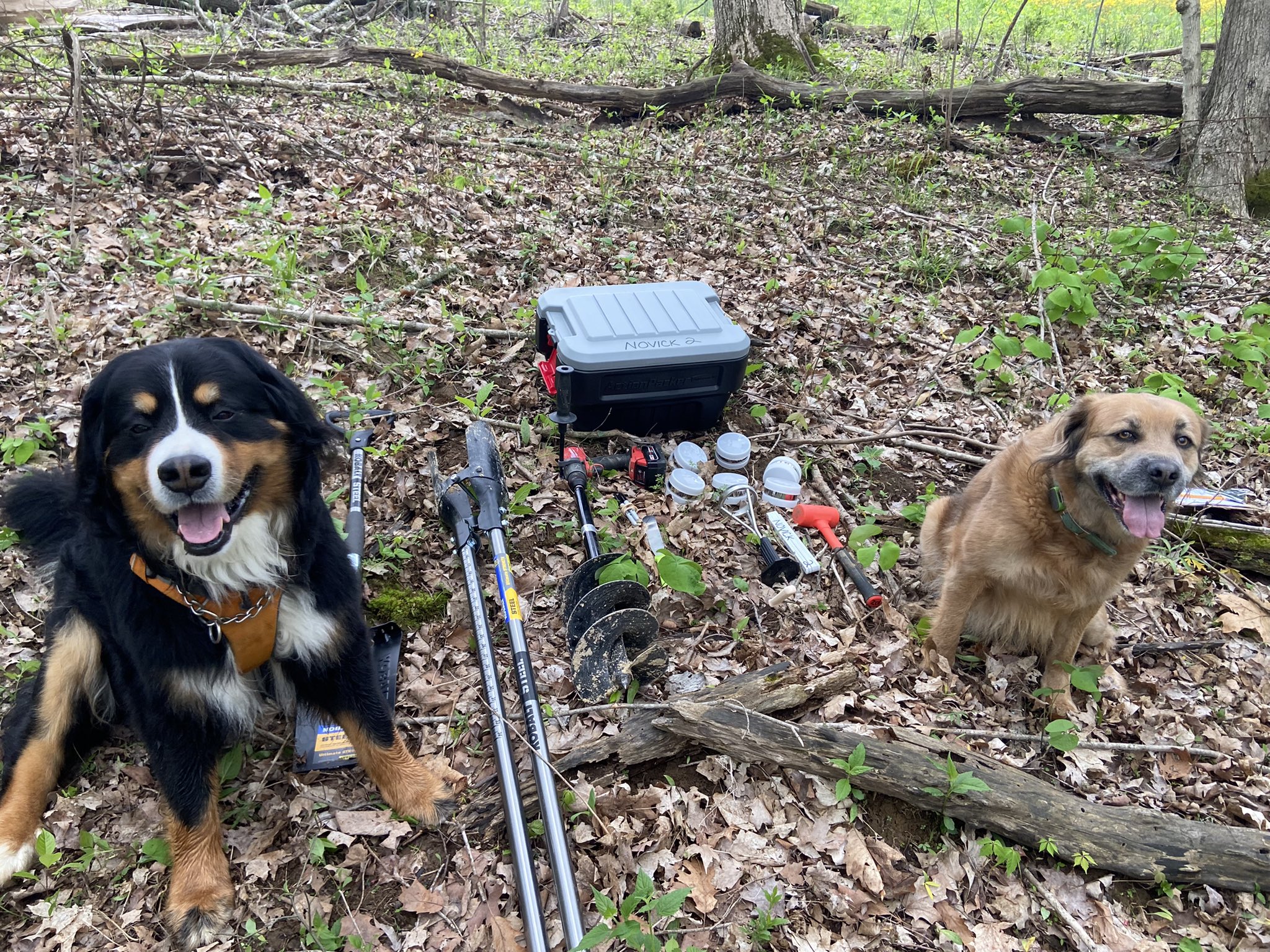
The Biomet Lab (PI: Kim Novick)
The Biomet Lab, led by Kim Novick at the O'Neill School of Public and Environmental Affairs, stands at the nexus of biometeorology, plant physiology, and hydrology. The lab is a thriving center for interdisciplinary exploration, keen on demystifying the reciprocal impacts between climate variability and ecosystem functions. Novick’s targeted research particularly delves into the Eastern United States, probing the interactions between climate dynamics and land cover changes in its agriculturally rich ecosystems, with an acute emphasis on understanding the ramifications of drought.
A pivotal element of Novick's work, and that of her colleagues within this project, revolves around nature-based climate solutions to climate change, a crucial aspect highlighted in their collective research. The basis of their collaborative efforts are encapsulated in showcasing their shared dedication to advancing the understanding and implementation of natural climate solutions.

The Barnes Lab (PI: Mallory Barnes)
The Barnes lab, led by Mallory Barnes at the O'Neill School of Public and Environmental Affairs at Indiana University focuses on the integration of quantitative remote sensing techniques and environmental informatics to advance our understanding of climate impacts on ecosystems. The lab leverages Dr. Barnes expertise in ecohydrology and environmental management to scale ecohydrological and biophysical processes across spatial and temporal dimensions. Dr. Barnes's work in scaling up this research involves the use of remote sensing to extend observations from the local scale of individual research sites to broader, more comprehensive landscapes, aiming to provide scalable solutions for environmental challenges. One of the lab's significant endeavors aims to develop standard methods for estimating forest carbon stocks to inform future carbon trading mechanisms.
Kesondra Key, a PhD student in the Barnes lab, is investigating drought signals by analyzing plant responses to aridity, utilizing eddy covariance data from a multitude of US towers. Key manages data operations for the DISES project, including this website. Her role includes the collection, quality assurance, processing, and preparation of data for the eventual submission to AmeriFlux and Fluxnet. She is responsible for ensuring accurate data capture, efficient processing workflows, and adherence to the data standards required by these networks
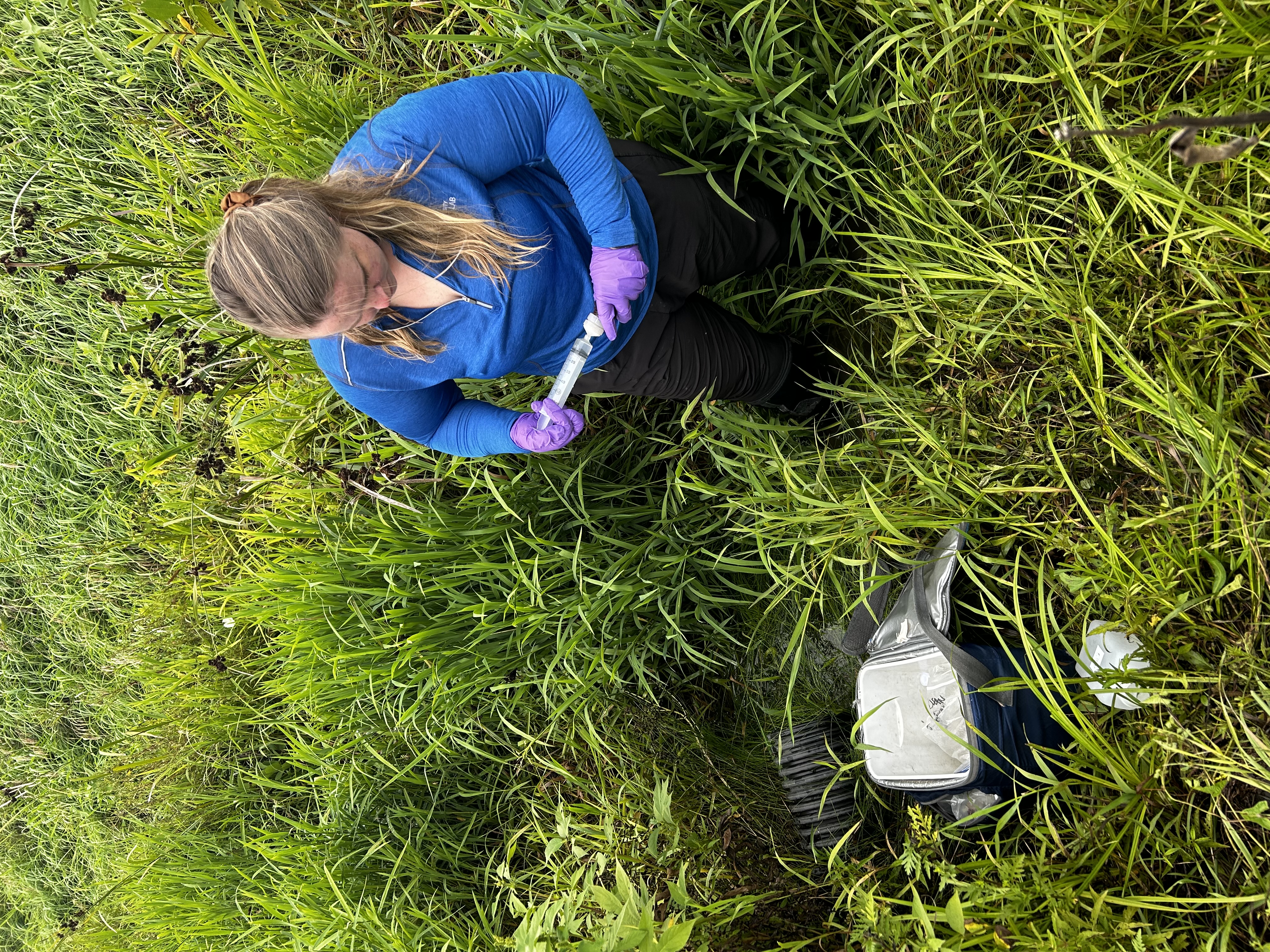
The Royer Lab (PI: Todd Royer)
The Royer Lab at Indiana University conducts research in freshwater biogeochemistry, primarily in ecosystems dominated by agriculture or other human activities. Students in the Royer Lab collect and analyze soil and water samples as well as hydrologic data at agricultural field sites. Graduate research facilitated by the project incorporates the effect of cover crops on multiple processes and patterns of biogeochemical cycling. Erin Carman-Sweeney, a master’s student in the IU O’Neill School of Public and Environmental Affairs, will evaluate the effect of cover crops on soil greenhouse gas emissions as part of his thesis. Lindsey Rasnake (pictured to the left), a student in the Environmental Science PhD program, uses stream and tile water samples to determine organic carbon loss through subsurface tile drainage in cover-cropped fields vs fields without cover crops.

The Tank Lab (PI: Jennifer Tank)
Professor Jennifer Tank is the Director of the University of Notre Dame Environmental Change Initiative (ND-ECI). Tank has been actively involved at ND-ECI since it's inception, previously serving as the principle investigator of the Land Use Program and the Director of the Notre Dame Linked Experimental Ecosystem Facility (ND-LEEF). Tank is the Ludmilla F., Stephen J., and Robert T. Galla Professor of Biological Sciences at the University of Notre Dame. Her research focuses on nutrient and carbon cycling in streams and rivers and the influence of human activities on water quality and stream health. Tank’s extensive research experience aims at better understanding the role that small streams play in removing nitrogen from the water and to prevent it from polluting downstream ecosystems. Her research was recently featured on the University of Notre Dame’s “What Would You Fight For?” series.
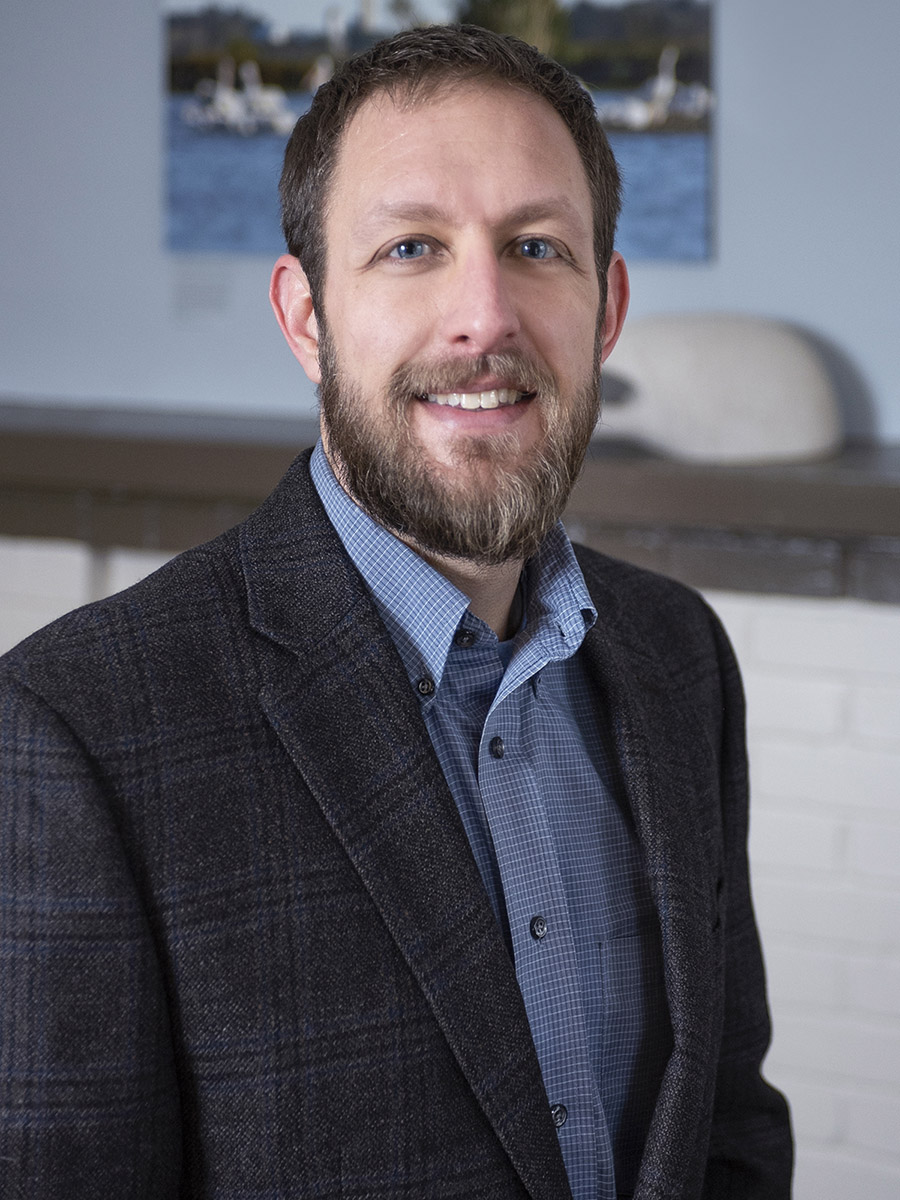
The Yoder Lab (PI: Landon Yoder)
The Yoder Lab focuses on environmental outcomes of agricultural management, particularly the role of farmer decision-making in using more environmentally friendly practices. One of the major areas of focus is the role of nonpoint source water pollution from large-scale grain farms. Our lab explores this challenge using a social-ecological systems perspective, drawing on social science methods to understand farmers' perspectives on water quality data, the influence of social norms on adoption decisions, and the role of agricultural policy in shaping the options and constraints for farm management. Members of the lab study different agri-environmental outcomes of farm management, including water quality, agrobiodiversity, sustainability, and climate impacts.
On the DISES project, the lab's contribution will be to analyze drivers of adoption, long-term use, and abandonment of cover cropping by farmers in the Corn Belt. Our role will be to use semi-structured interviews, focus groups, and large-N surveys to understand barriers and opportunities for scaling up the use of cover crops as a natural climate solution for mitigation and adaptation. Our research will include farmers' perspectives on the opportunities and challenges of cover crops, the role of cover crops as a risk mitigation strategy, and preferences around policy options. Additionally, we will research the role of farm program administrator, county-level conservation staff and extension, and farm service advisors in encouraging cover crop use.
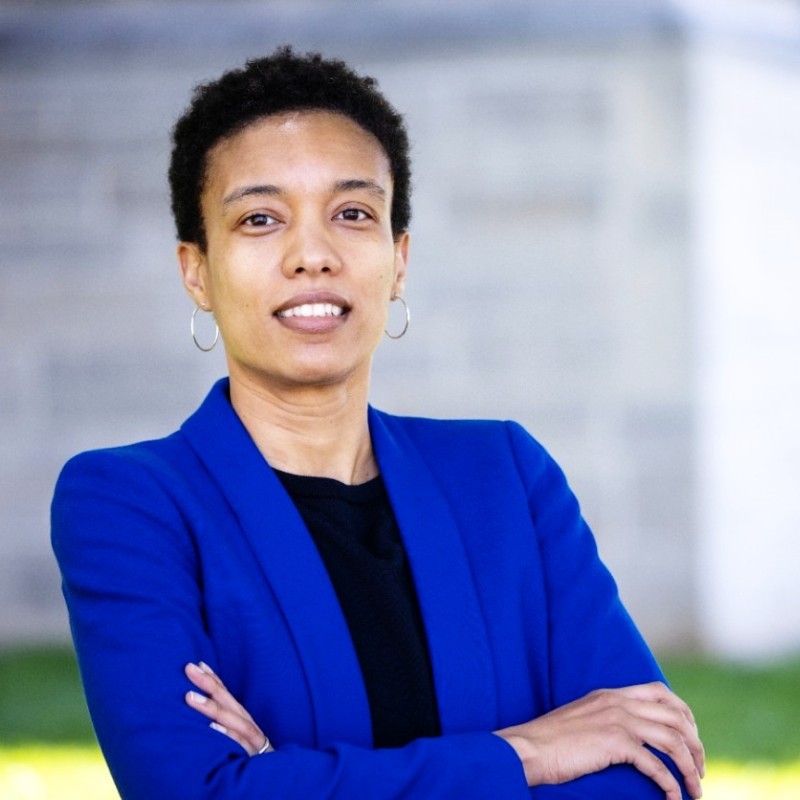
The Suttles Lab (PI: Shellye Suttles)
Dr. Shellye Suttles is an agricultural economist with a focus on food system sustainability, including local and regional food systems, agricultural production, and agriculture’s impact on climate change. Her research applies macroeconomic and microeconomic analysis to a variety of sustainable food system topics. Her areas of interest include public policy impacts on sustainability in food and agricultural systems, particularly social, economic, and climate policy.
